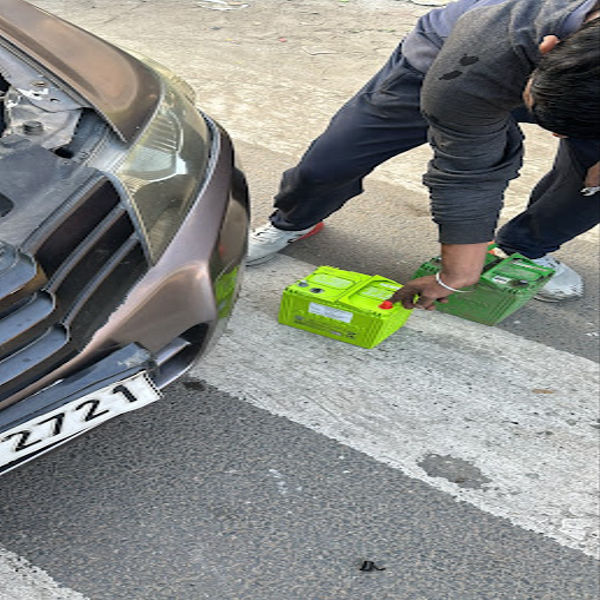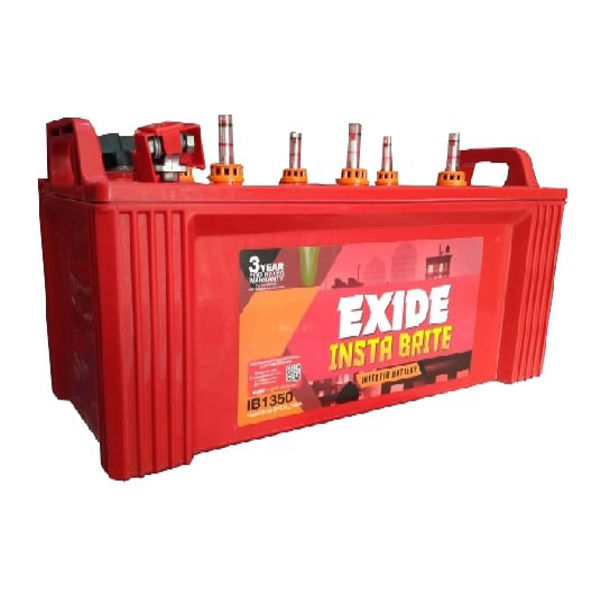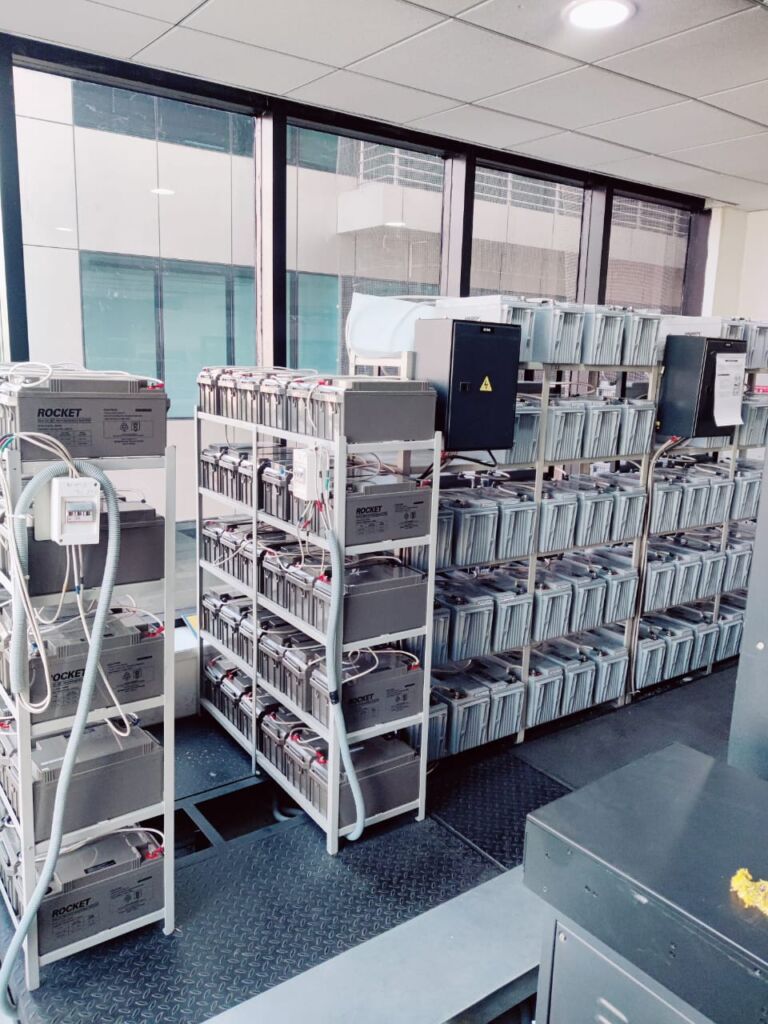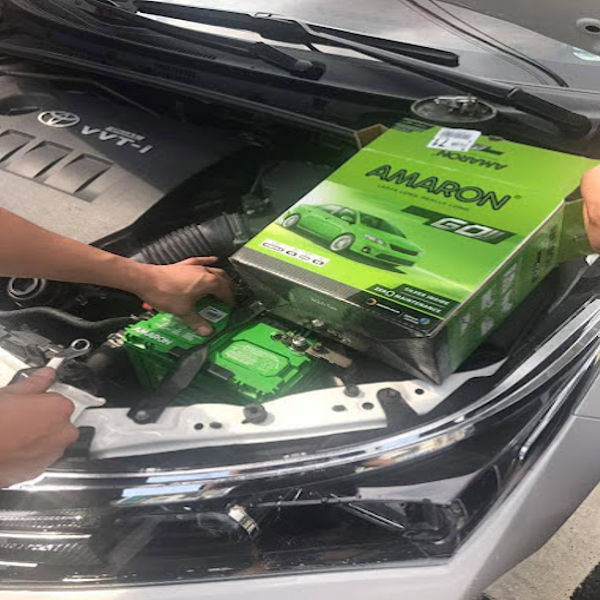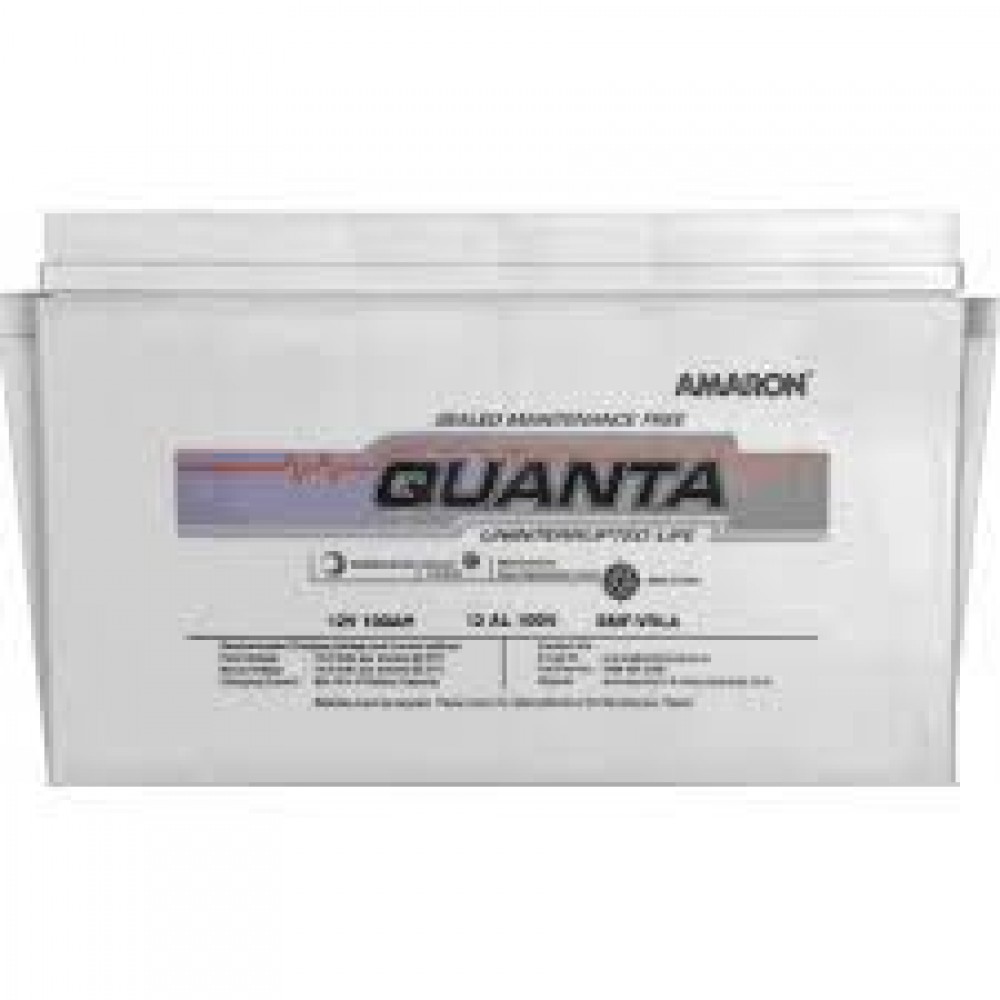Amaron is also known for manufacturing high-quality car batteries. Their car batteries are designed to provide reliable performance, longer life, and are known for being maintenance-free. Here's a breakdown of the key features of Amaron Car Batteries: Key Features of Amaron Car Batteries: Maintenance-Free: Most of Amaron's car batteries are maintenance-free, meaning you don't need to top up the water level regularly, making them hassle-free to use. Long Life: Amaron batteries are built for longevity. They use advanced technology in their manufacturing process to ensure they last longer than standard car batteries. High Cranking Power: Amaron batteries are designed to offer high cranking power, which is important for starting your car, especially in extreme weather conditions. Durability: Amaron batteries are built to withstand the challenges of extreme heat and cold, making them durable and reliable in all kinds of climates. Vibration Resistance: The batteries are designed to be resistant to vibrations, which is important for vehicles that are driven on rough roads. Better Performance: Amaron batteries are equipped with advanced lead-calcium alloy technology, improving the overall performance and reliability of the battery. Warranty: Amaron offers a good warranty on its car batteries, generally ranging from 24 months to 48 months, depending on the model. Types of Amaron Car Batteries: Amaron Go: A popular line for regular cars and entry-level vehicles, offering solid performance at a competitive price. Amaron Flo: Known for its low-maintenance and enhanced performance features, ideal for newer cars with more advanced electrical systems. Amaron Pro: Designed for more premium cars or those with additional electrical demands, providing extra cranking power and extended life. Amaron Quanta: A high-performance option for commercial vehicles and larger applications. Benefits: Wide Range: Amaron has a broad selection of car batteries that suit various vehicle models and sizes. Reliable Performance: Their batteries provide consistent performance and are known for being able to withstand heavy use. Low Self-Discharge Rate: These batteries maintain charge longer, even when the car isn't used for an extended period.
Send Message